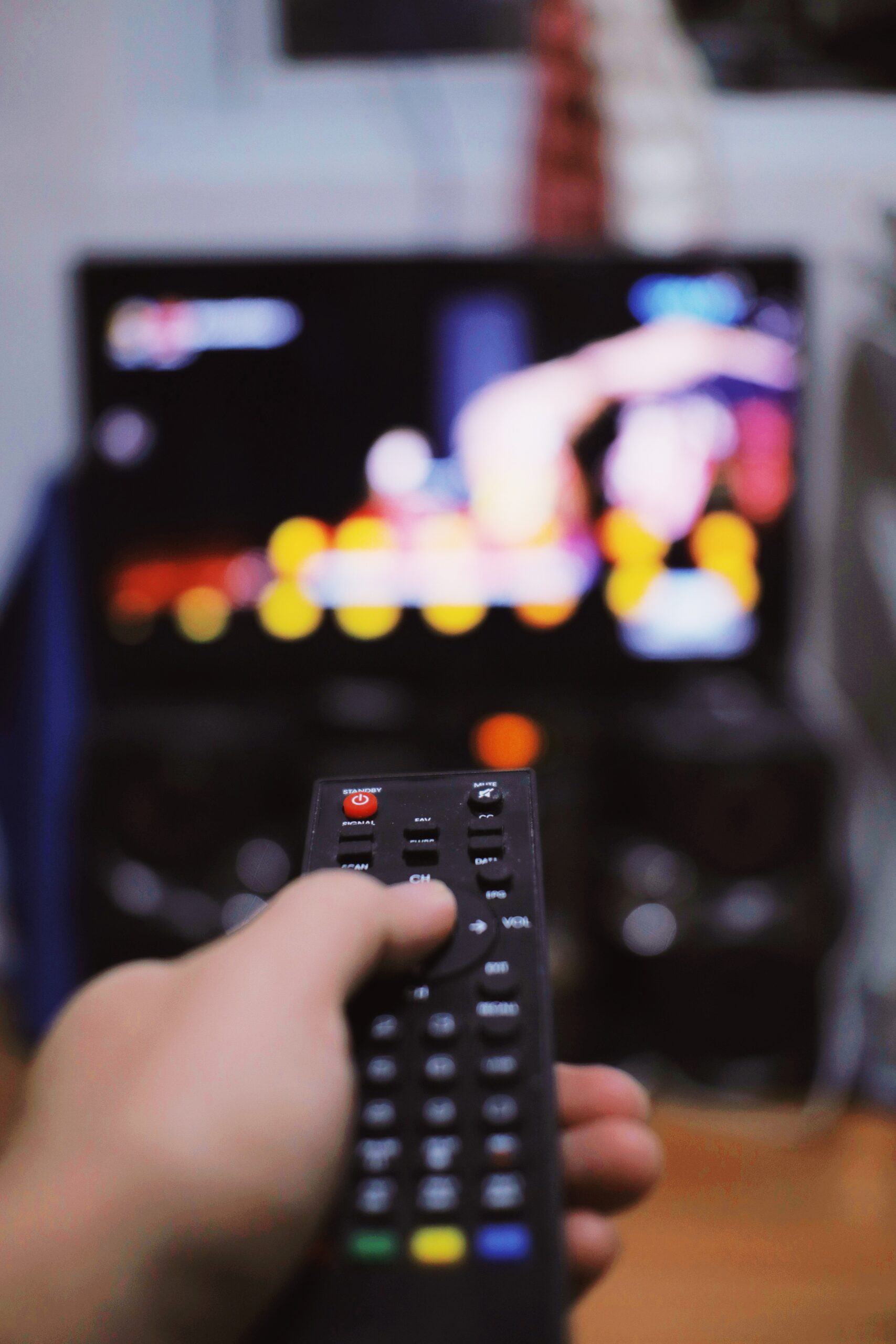- Home
- About The Firm
- Practice Areas
- Areas Served
- Resources
- Blog
- Contact Us


Starz Entertainment, LLC Starz filed a lawsuit in May of 2020 with the Los Angeles federal court claiming MGM Domestic Television Distribution, LLC violated copyright interests within two separate agreements. The case results from Starz paying MGM approximately $70 million for exclusive licensing agreements in 2013 and 2015.
The complaint asserts 340 direct, contributory, and vicarious copyright instances of infringement. According to the suit, MGM granted Starz exclusive rights to exhibit certain movies and series on Starz’s suite of streaming services. Starz later discovered that the content was available on other streaming platforms in 2019 and 2020.
In July 2020, MGM moved to dismiss the lawsuit, citing the three-year statute of limitations under the United States Copyright Act. The complaint stated the infringement occurred three years or more before the plaintiff filed the complaint. According to the motion, the statute of limitations barred damages recovery for 126 titles listed in the lawsuit.
The petition argued for dismissal, citing the Supreme Court’s 2014 decision on Petrella v. Metro-Goldwyn-Mayer, Inc. barring Petrella from collecting damages for copyright infringement. The motion further asserts the Copyright Act clearly states that no plaintiff may commence an action to recover damages for copyright infringement after the statute of limitations expires. Additionally, the request to dismiss claimed six of the titles failed to meet the requirements of California’s four-year statute of limitations.
In July 2022, the appellate court upheld a previous U.S. district court ruling against MGM’s motion to dismiss, citing the statute of limitations discovery rule. The order disagreed with MGM that the Petrella ruling barred recovery under the discovery rule. According to the United States Copyright Act, the claimant has three years to sue for damages from the date of infringement, except when they were reasonably unaware of the violations. An exception to the statute’s expiration date – the discovery rule – provides that the time begins when the copyright holder knows or should reasonably know about the infringement.
The appellate court noted that barring damages when the copyright infringer controls the infringement actions leaves the plaintiff with little chance of discovering the violations. Further, the ruling went on to state that the evolution of technology continues to make infringement easier and detecting transgressions more challenging.
Prohibiting the recovery of damages violates the copyright holder’s exclusive rights per the agreement, which is the primary purpose of the Copyright Act. While the claim generally accrues on the day of infringement, the discovery rule allows copyright holders to sue the infringer for damages within three years of the date they reasonably discover the infringing acts.
As technology evolves and expands, the courts upholding copyright infringement laws are charting new territory. Emerging technology continues to raise copyright law questions. How should the regulations apply, and what is the best way to proceed and uphold the rules while meeting the copyright founder’s original goals for the Copyright Act?
Lomnitzer Law is an intellectual property-based law firm that handles all kinds of conflicts involving copyright, trademarks, patents, and other entertainment business contracts. Give us a call if you have concerns about your intellectual property.